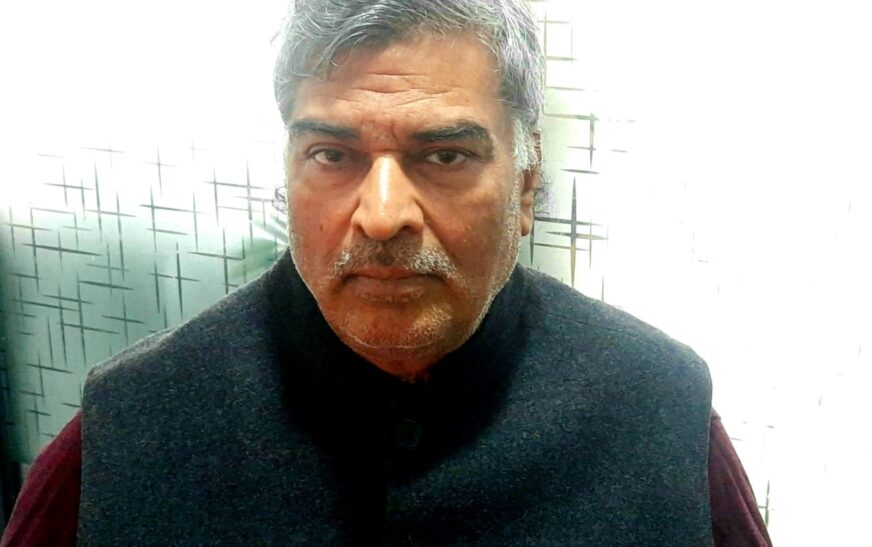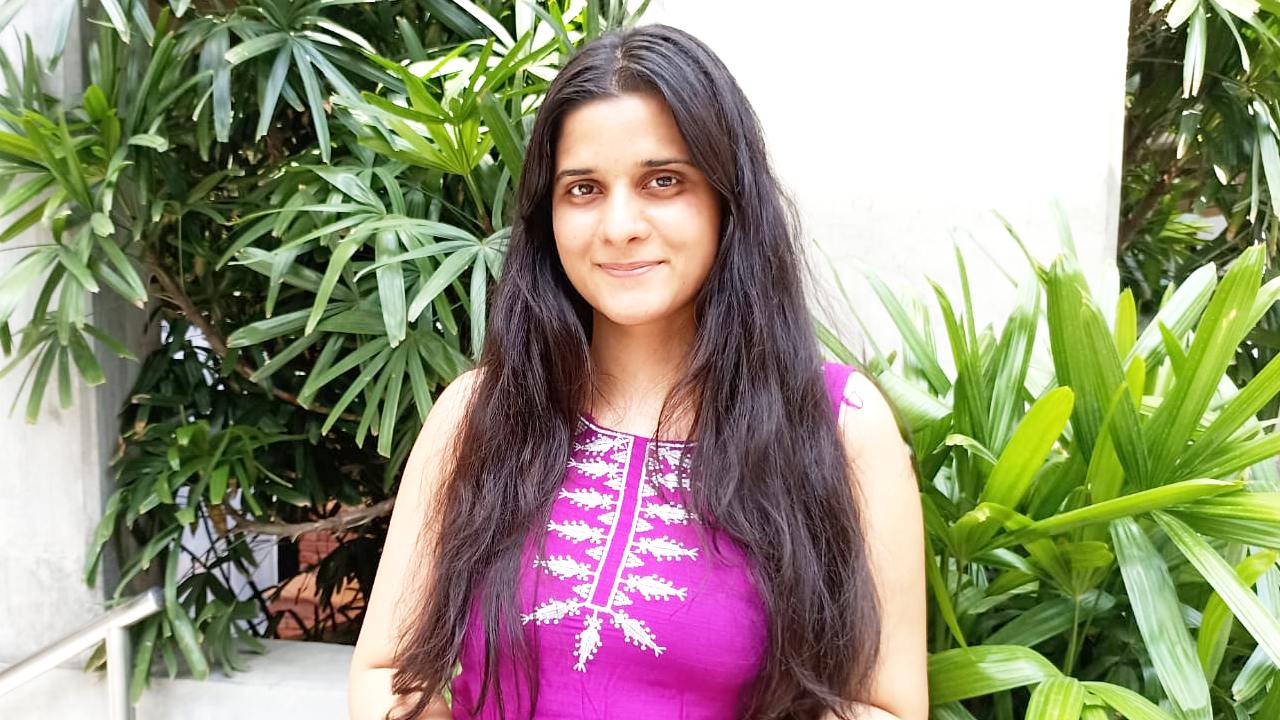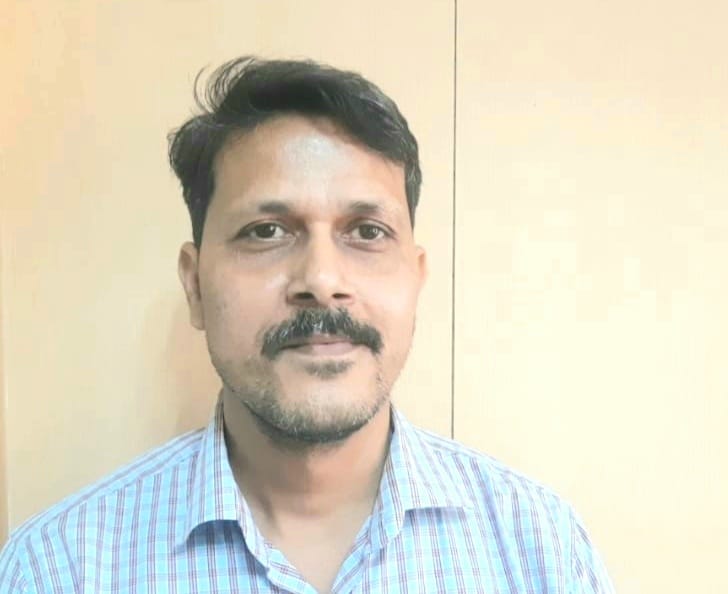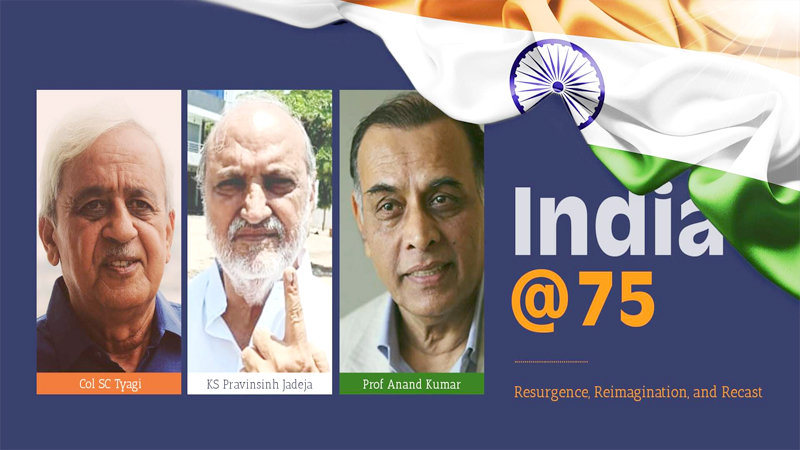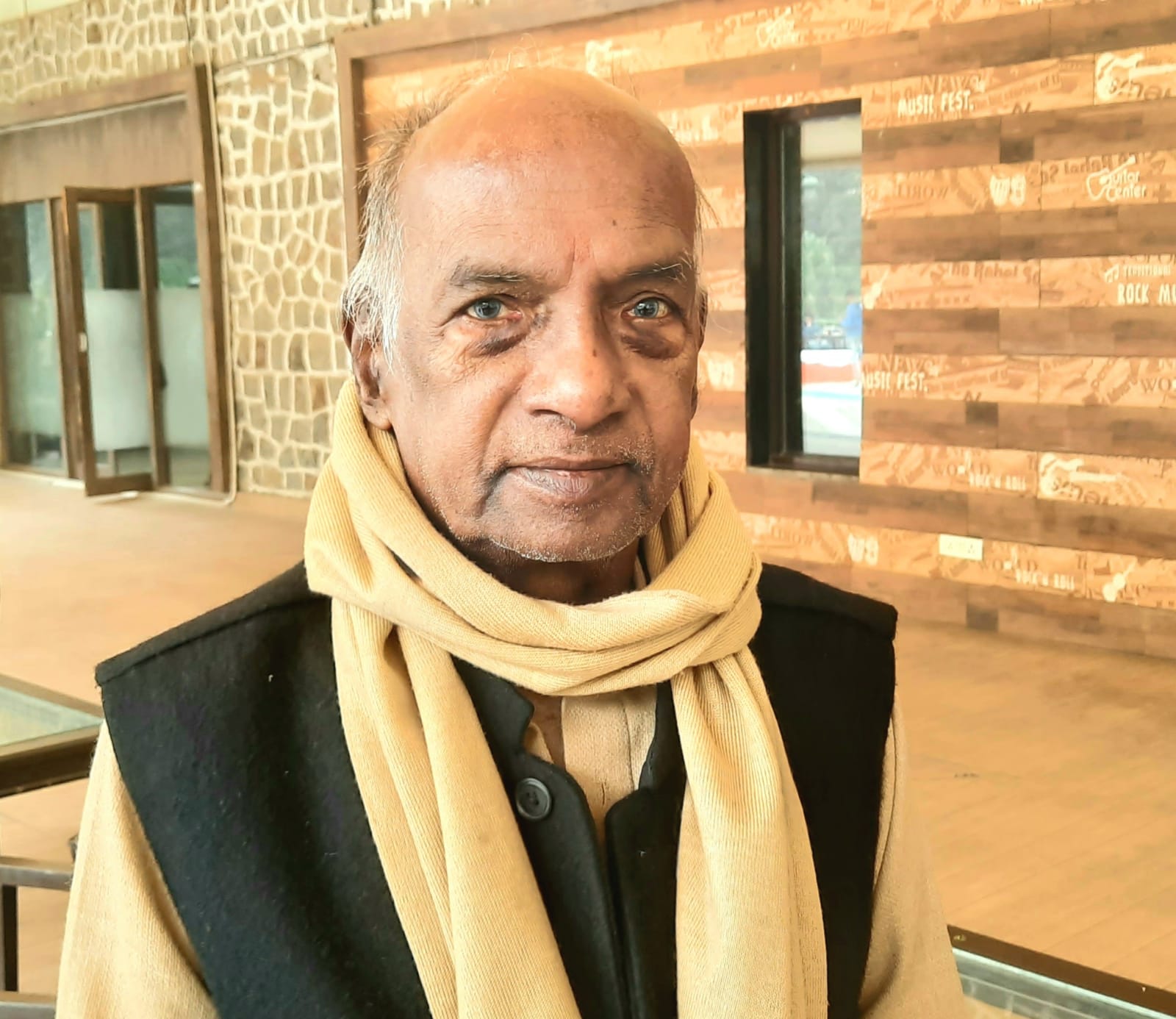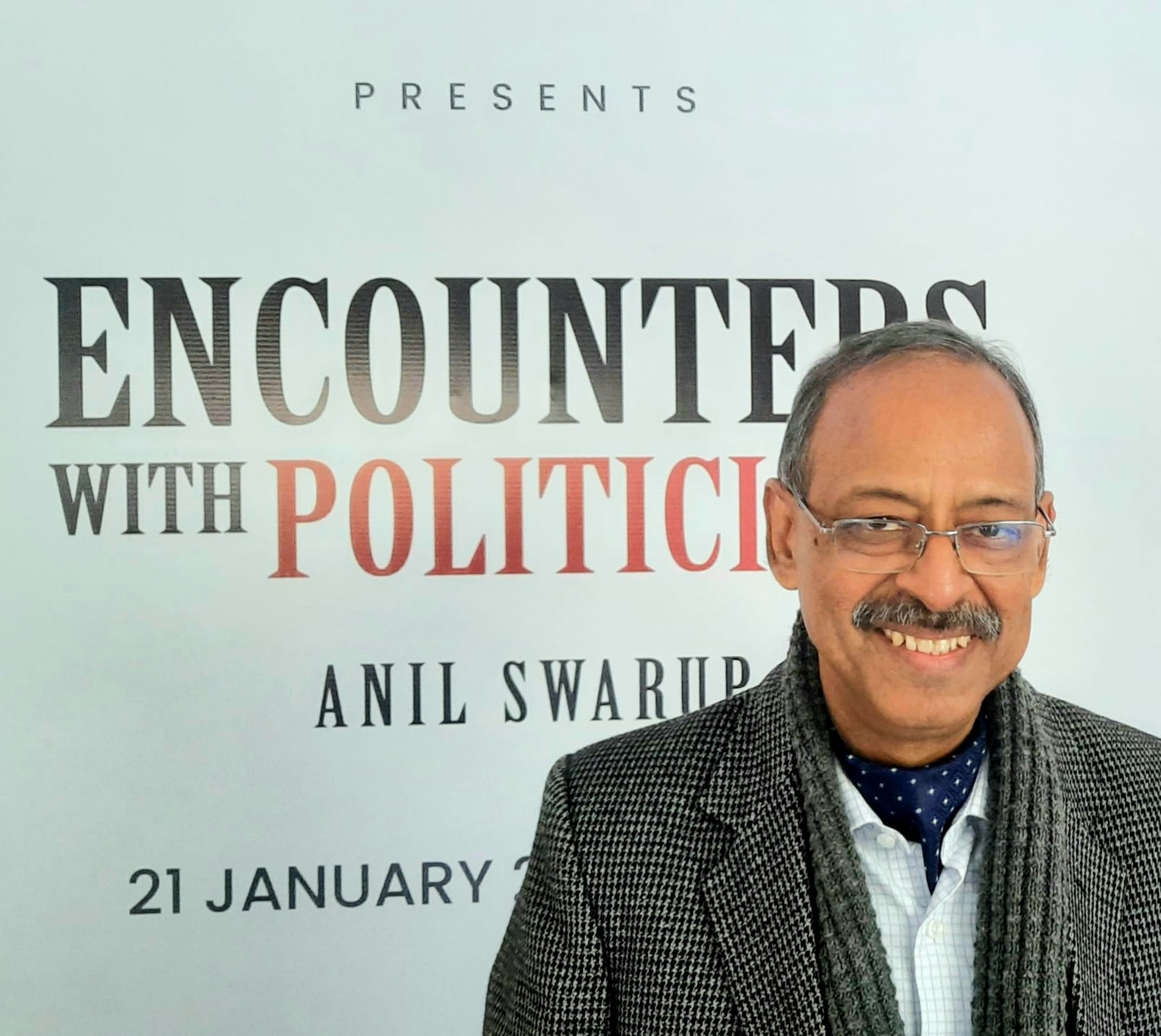A prominent Indian politician, Dr. Arun Kumar, has been a representative for the Jahanabad constituency in the Lok Sabha. Notably, he secured victories in both the 1999 and 2014 general elections. As a founding member of the Rashtriya Samata Party (Secular), he holds a significant position in the political landscape.
Aside from his political endeavors, Dr. Arun Kumar is the visionary behind the Gyan Bharti Model Residential Complex school in Hisua, Nawada. Moreover, he played a pivotal role in the establishment of the Bhartiya Sab Log Party (BSLP) before the 2020 Bihar Legislative Assembly elections. However, in a surprising turn of events in January 2022, BSLP merged with the Lok Janshakti Party (Ram Vilas).
Beyond politics, Dr. Kumar has made substantial contributions to the social development of his constituency, showcasing his commitment to the welfare of the people he represents.
During a candid conversation with The Interview World, Dr. Arun Kumar shared insights into his party’s stance on the Union Government conferring the Bharat Ratna upon Karpoori Thakur. Additionally, he delved into the potential electoral implications of this decision in Bihar. Furthermore, he emphasized the significant influence of the Ram Mandir inauguration in the Hindi heartland. Here, we present key highlights from his enlightening interview.
Q: What is your party’s perspective on the Union Government’s decision to confer the Bharat Ratna upon Karpoori Thakur?
A: Karpoori Thakur dedicated his life to combating poverty, persisting until his final moments in championing the empowerment and upliftment of the underprivileged. Unlike many leaders who amass wealth in the fight against poverty, he remained unchanged until his last breath. His nomination for the Bharat Ratna is a well-deserved recognition of his significant contributions in addressing the disparities of poverty, caste discrimination, and advocating for the empowerment of the most marginalized members of society.
During my brief collaboration with him, I experienced firsthand his magnanimity. Karpoori Thakur, often referred to as Mahamanaw, exhibited compassion and empathy even when engaging with his adversaries. His positive approach and inclusive nature earned him admiration across party lines, caste boundaries, and societal classes.
Q: What potential political implications might arise from this decision in the context of the upcoming Lok Sabha elections in 2024?
A: Hon’ble PM Narendra Modi’s decision has been labelled as politically motivated by some, but leveraging politics for the cause of justice is not inherently wrong. The Prime Minister, along with his party and alliance, stands to gain political advantage from this decision—a perfectly acceptable fact.
This matter has lingered unresolved for a considerable period. In the early days of the Lok Janshakti Party (LJP), its founder advocated for the posthumous recognition of Karpoori Thakur with the Bharat Ratna. The political heirs to Thakur’s legacy emerged in the form of Ram Vilas Paswan, Lalu Yadav, and Nitish Kumar. Notably, Magnilal Mandal, despite his close association, did not attain a similar stature in Bihar politics.
Ram Vilas Paswan consistently championed the cause of bestowing the Bharat Ratna upon Karpoori Thakur whenever he held a position in the government. However, he struggled to garner sufficient support from others to make this demand a reality. Curiously, two self-proclaimed champions of social justice initially held a negative stance towards Karpoori Thakur. Today, they paradoxically seek credit for his recognition.
Q: How will this specific development impact the social justice landscape in Bihar?
A: Education serves as the paramount instrument for achieving social justice. Unfortunately, in Bihar, both Lalu and Nitish intentionally undermined the state’s education system. Once considered a destination for students from various states, Bihar now languishes at the bottom in educational rankings compared to other states.
Affluent individuals are opting to send their children to other states for primary to higher-level education. Consequently, the residents of Bihar find themselves compelled to migrate in search of educational and employment opportunities. Regrettably, under both regimes, the situation deteriorated. Instead of championing social justice, both Lalu and Nitish have become symbols of social injustice.
Q: What role do you believe has contributed more significantly to the development in Bihar during Nitish Kumar’s tenure in alliance with the BJP?
A: With Prime Minister Modi at the helm, Bihar is experiencing the positive impact of various central schemes and programs. Notably, the improvement in road conditions stands out, contributing to overall infrastructure development. This sector, crucial for unlocking opportunities, has played a pivotal role in the state’s progress.
The enhancement of roads has not only facilitated smoother transportation but has also contributed to the ease of commuting. Particularly with the improved law and order and the establishment of airports, it has become better. These developments have collectively fostered an environment conducive to growth and prosperity.
The middle-class population in Bihar is reaping the benefits of enhanced connectivity, which has become a catalyst for economic advancement. In addition to improved roads, the state is witnessing the positive effects of central government schemes aimed at various sectors.
Specifically, agricultural schemes are supporting farmers, the Jandhan Yojna is promoting financial inclusion, and the Ayushman Bharat initiative is ensuring better healthcare facilities. These prominent central government programs are playing a crucial role in bolstering the overall development of Bihar.
Q: What potential influence, if any, could the construction of the Ram Mandir at Ayodhya and Rahul Gandhi’s Bharat Jodo Yatra have on the upcoming elections in Bihar?
A: On the 22nd of January 2024, India witnessed a momentous occasion that marked a significant chapter in its cultural renaissance. The entire state of Bihar was bathed in the blessings of Lord Ram, a moment long-awaited by many. The dethronement of Ram from Ayodhya had left the common man in a state of grief, but after 500 years, the revered deity had finally found his rightful place.
People from all walks of life, irrespective of class or creed, were jubilant about this historic event. Surprisingly, even a section of the Muslim community expressed their happiness over the construction of the Ram Mandir. The credit for this achievement was rightfully attributed to Prime Minister Modi and the Bharatiya Janata Party (BJP). The Ram Mandir inaugural event had become a turning point, shaping the political landscape and evoking varied responses from different quarters.
However, amidst the celebration, the Opposition found its grounds for opposing the Ram Mandir. Despite their differences, they were urged not to boycott this event, as it had become a matter of national pride. The impact of the Ram Mandir extended beyond the Hindi heartland to the southern regions, overshadowing the political philosophy of the INDIA alliance for the year 2024. In contrast, Rahul Gandhi’s East to West Yatra was anticipated to boost the morale of opposition parties and their leaders. However, it was acknowledged that this effort might not resonate with the common workers and voters across the country.


